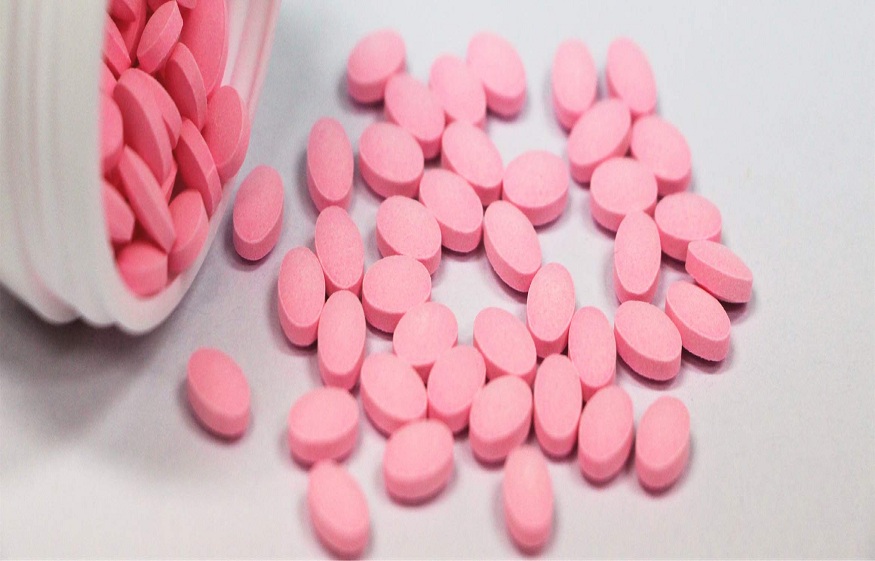Immunosuppressive Medications for Liver Transplant Recipients
Immediately after liver transplant patients are put on medicines to help stop the body’s immune system from rejecting the new liver. These drugs are known as immunosuppressants.
Immunosuppressive medications have been shown to cause a range of side effects including renal, metabolic and neurological complications. Efforts to minimize these effects have been pursued by reducing the number of medications and developing alternative strategies for induction and maintenance therapy.
Tacrolimus
Tacrolimus is an immunosuppressive agent used to decrease the risk of rejection and improve graft survival in liver transplant recipients. It is a calcineurin inhibitor (CNI) that blocks the action of interleukin-2, an immune-system molecule that triggers T cells to attack healthy tissue.
A broad range of immunosuppressive agents are available to treat a variety of illnesses, including liver transplants. Immunosuppressive medications may be used alone or in combination with other drugs, as needed to balance risks and benefits of treatment.
Medications that reduce the risk of cancer, infection, and other side effects also can increase your chance of skin tumors (cancer). Talk with your doctor about what to watch for when you’re taking tacrolimus.
This medication can cause a heart rhythm problem called QT prolongation. It may also interact with some vaccines, and it can cause reversible posterior leukoencephalopathy syndrome (RPLS). Your doctor will monitor your heart rhythm while you are taking this medication.
Cyclosporine
Cyclosporine is a powerful immunosuppressive drug used in most liver transplant regimens. It is effective in preventing graft rejection and has excellent patient and graft survival rates.
However, cyclosporine can have serious side effects, including kidney failure and high blood pressure. These can be life-threatening if not treated.
Your doctor will monitor your kidney function closely while you are taking this medicine. He or she may recommend that you have regular liver tests.
Infections: This medication makes you more likely to get infections, especially those caused by bacteria, fungi, and viruses. Tell your transplant provider right away if you have fever, chills, muscle aches, change in appetite or weight loss, vomiting, or skin rash.
Cancer: Cyclosporine lowers the number of cells in your body that fight infection (white blood cells). This can increase your risk of developing cancer, especially lymphoma and hepatocellular carcinoma.
Basiliximab
Basiliximab is a chimeric (mouse/human) monoclonal antibody that acts as an immunosuppressant by blocking the interleukin-2 receptor. It is given intravenously (into a vein) 2 hours before transplant surgery and 4 days after.
Basiliximab reduces the incidence of acute rejection after liver transplantation. It also helps to preserve kidney function after transplantation.
The treatment with NDI was associated with a significantly reduced decrease in measured glomerular filtration rate (mGFR) at 3- and 12-months after liver transplantation, without confounders, irrespective of pretransplant kidney function, and without increasing the risk of rejection, graft loss or death.
In addition, the use of NDI is associated with an increased actuarial patient survival and graft survival after transplantation. This is likely due to the lowering of the risk of autoimmune diseases, including cytomegalovirus infection and posttransplant lymphoproliferative disorder. However, the use of NDI is still controversial and needs further investigation. Its efficacy, safety, and cost must be evaluated. The medical team must decide whether it is the best choice for their patients.
Everolimus
Everolimus is a cancer growth inhibitor (CDI) that works by blocking signals from the liver that tell it to grow and divide. It is also an angiogenesis inhibitor, which means it blocks the way cancer cells grow new blood vessels to survive.
This medicine is used in liver transplant recipients to control their immune system and stop them getting a cancer. It is also used with a hormonal therapy drug called exemestane to treat secondary (advanced) breast cancer.
Everolimus may cause serious side effects including kidney failure and a higher risk of some cancers, particularly lymphoma and neuroendocrine tumours. It is important to keep taking this medicine as prescribed by your doctor and to have regular blood tests to check that your liver and kidneys are working properly.


Leave a Reply